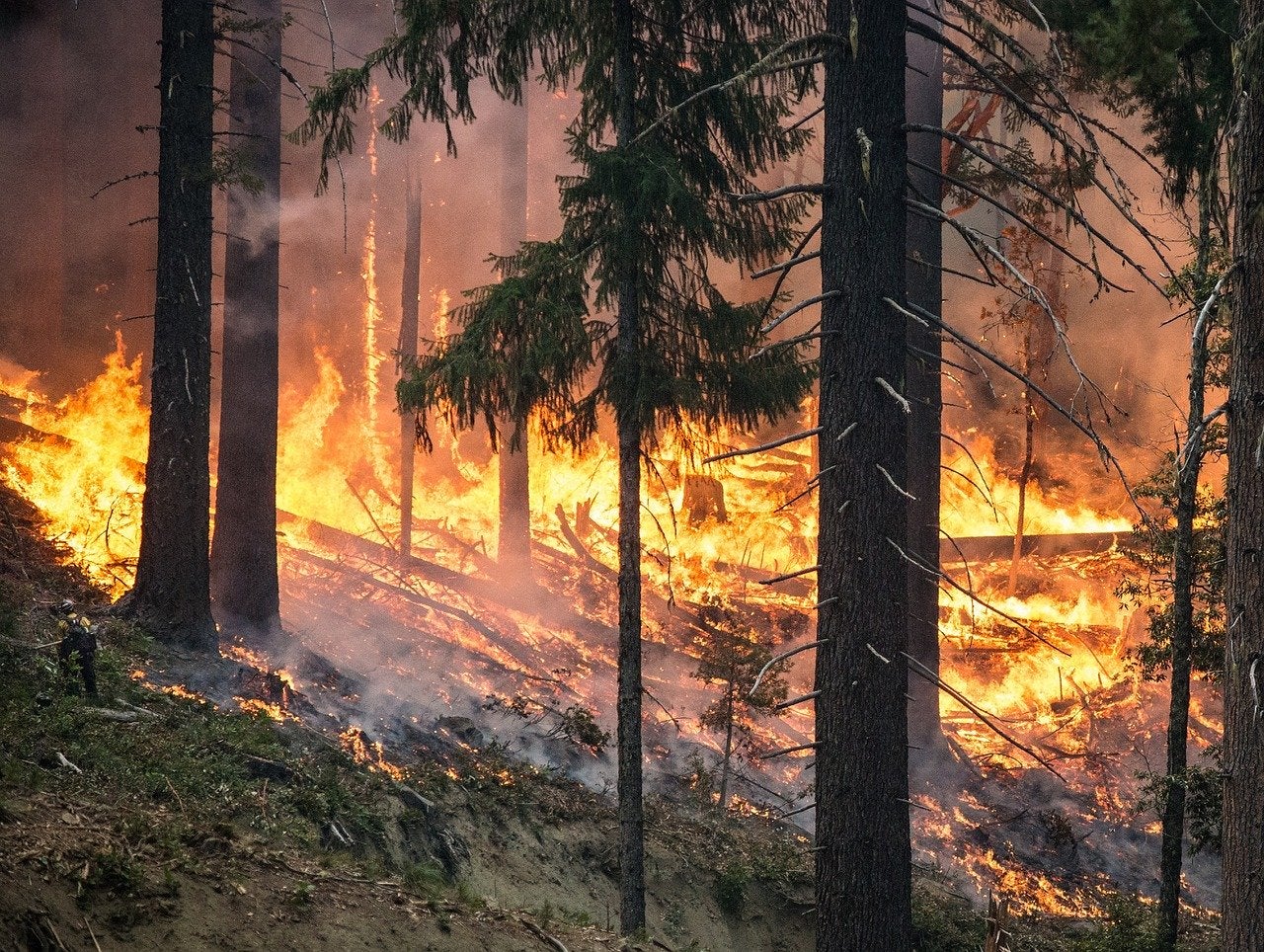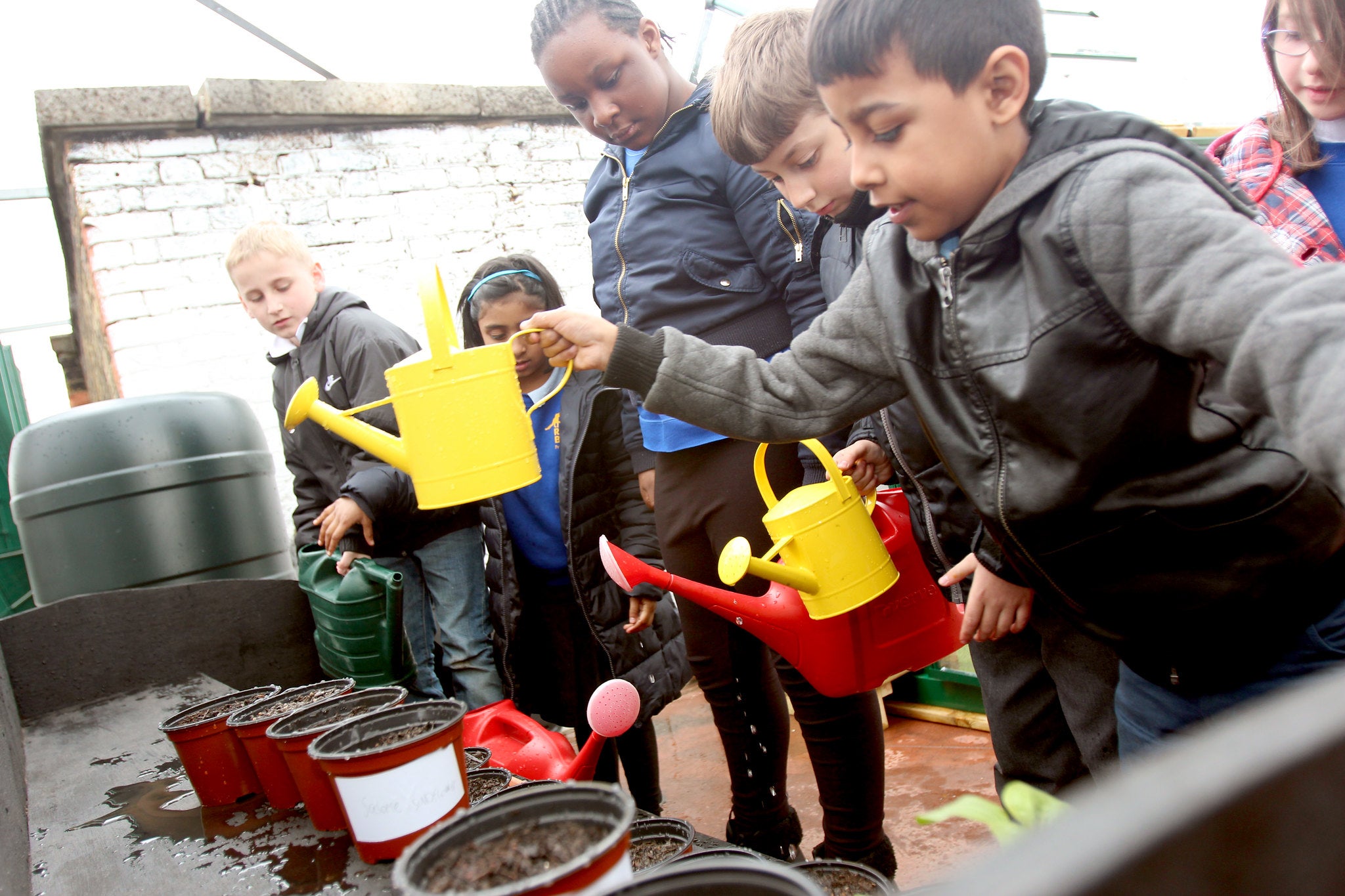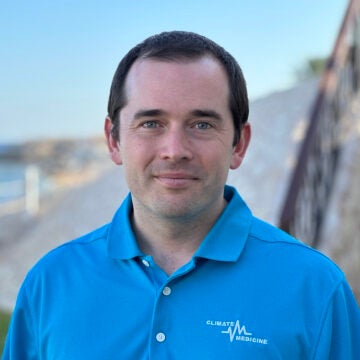Health care systems must minimize greenhouse gas (GHG) emissions and prepare for the impacts of climate change on facilities and patients. In a new perspective for the Milbank Quarterly, our Director of Healthcare Solutions Dr. Caleb Dresser, along with a diverse team of healthcare professionals, argues that to become climate-resilient, health care systems must reframe incentives to align with climate readiness goals and engage their workforce across all roles and professions.
In “Toward a Climate-Ready Health Care System: Institutional Motivators and Workforce Engagement,” Dresser addresses the barriers institutions face to becoming climate-ready, such as financial and regulatory constraints and understaffing, and outlines solutions to overcome these challenges, including policy recommendations and profession-specific opportunities to address the causes and impacts of climate change.
“Achieving climate readiness will depend on health care professionals at every level—from pharmacists and food service managers to nurses and social workers—everyone has an important part to play,” says Dresser. “We need all hands on deck to make lasting, systemic changes that will protect patients’ health.”
The authors use past examples of large-scale health system transformation, such as achieving Health Insurance Portability and Accountability Act (HIPAA) compliance and implementing electronic health records (EHRs), to offer lessons for policymakers, health care leaders, educators, and health care workers as they seek to address the escalating impacts of climate change.
Taking a whole-of-health-care approach, the authors argue, is what is needed to achieve climate-readiness throughout the US health care system.
Policy recommendations include:
- Coupling health care system preparedness regulations with new funding streams
- Integrating sustainability metrics into health care organization accreditation and certification
- Financing programs to improve health equity in the context of climate change
- Setting guidelines for inclusion of climate readiness information in health professional and health care administrator education and certification
- Professionalizing climate readiness activities through formalization of new roles and practice guidelines



















